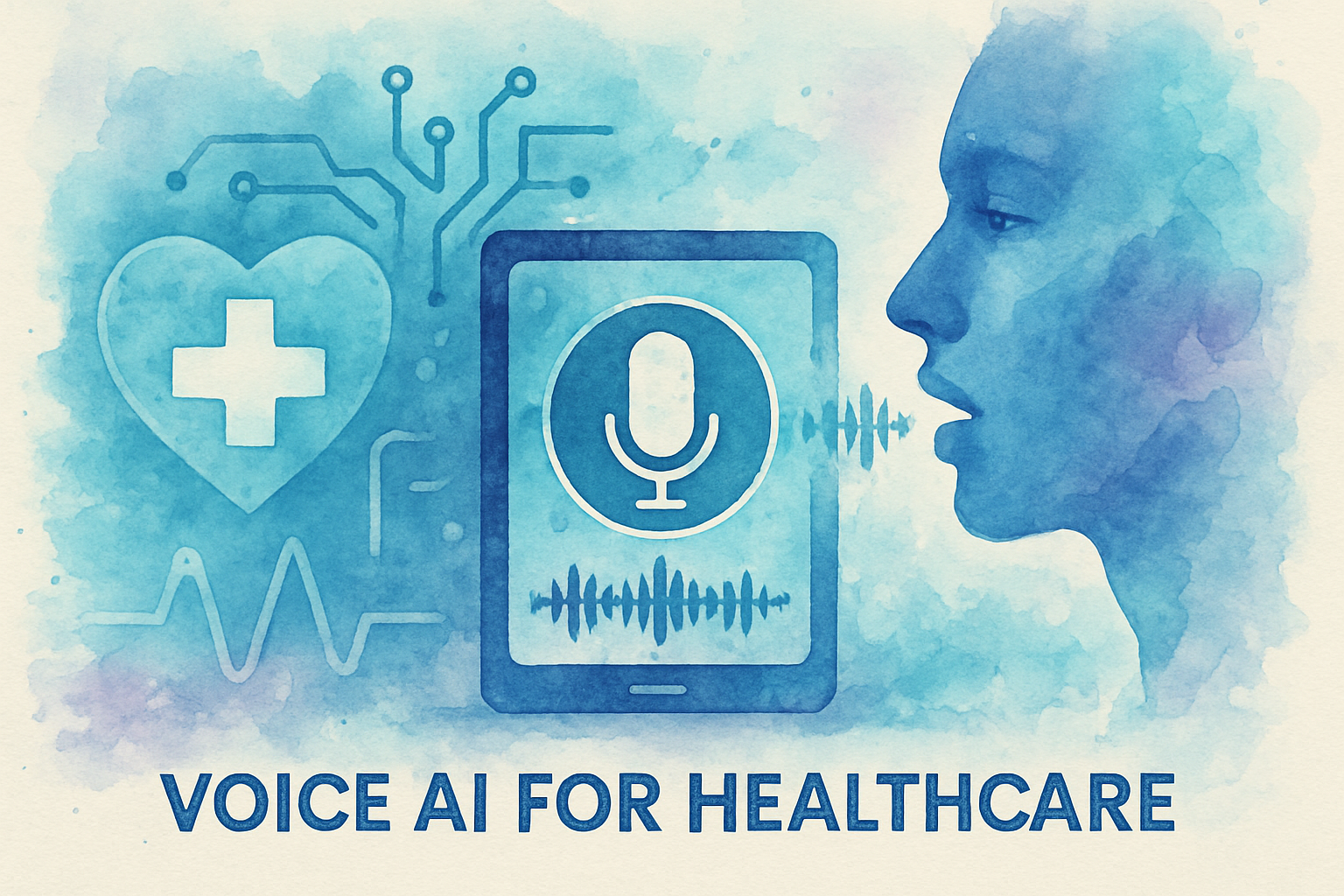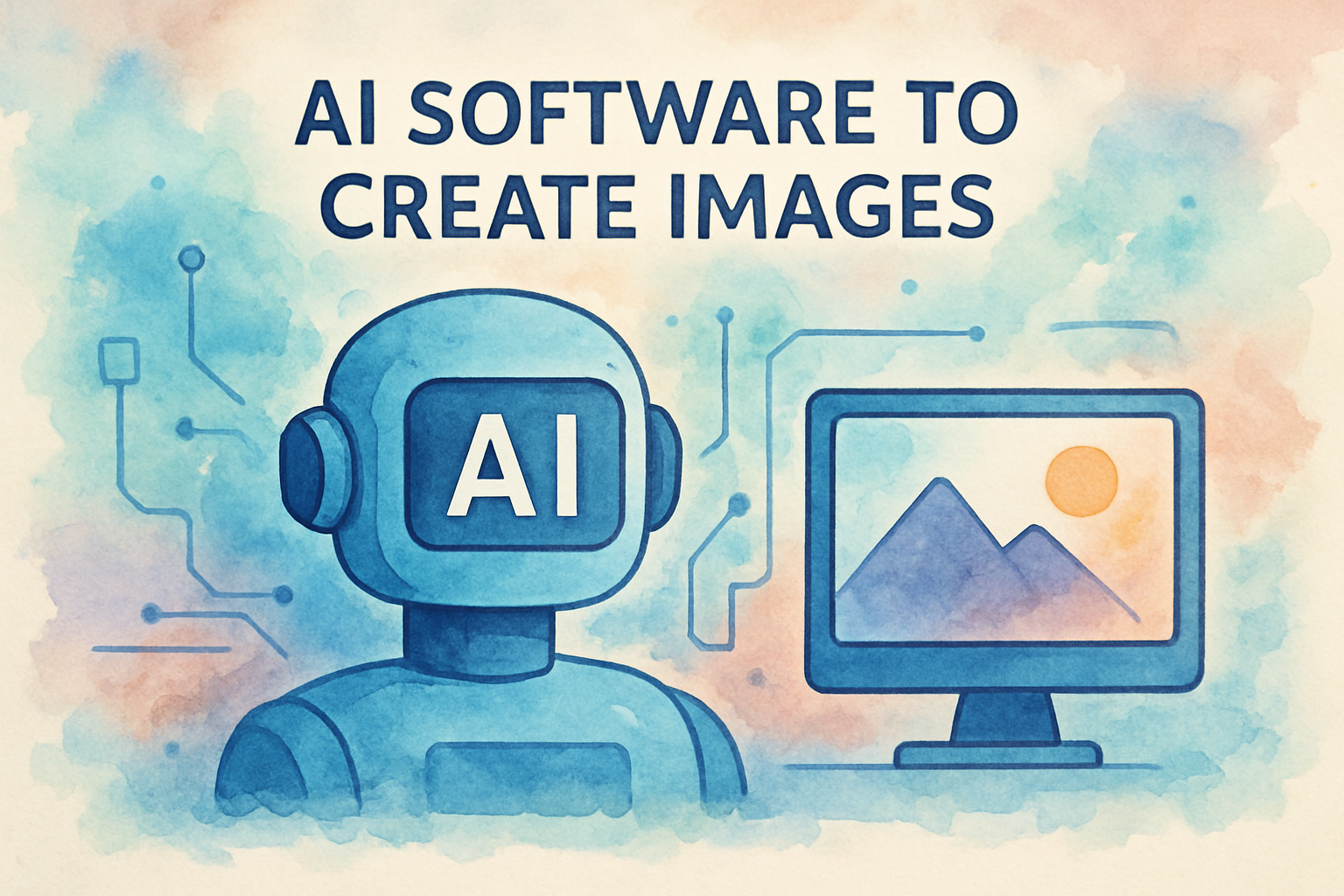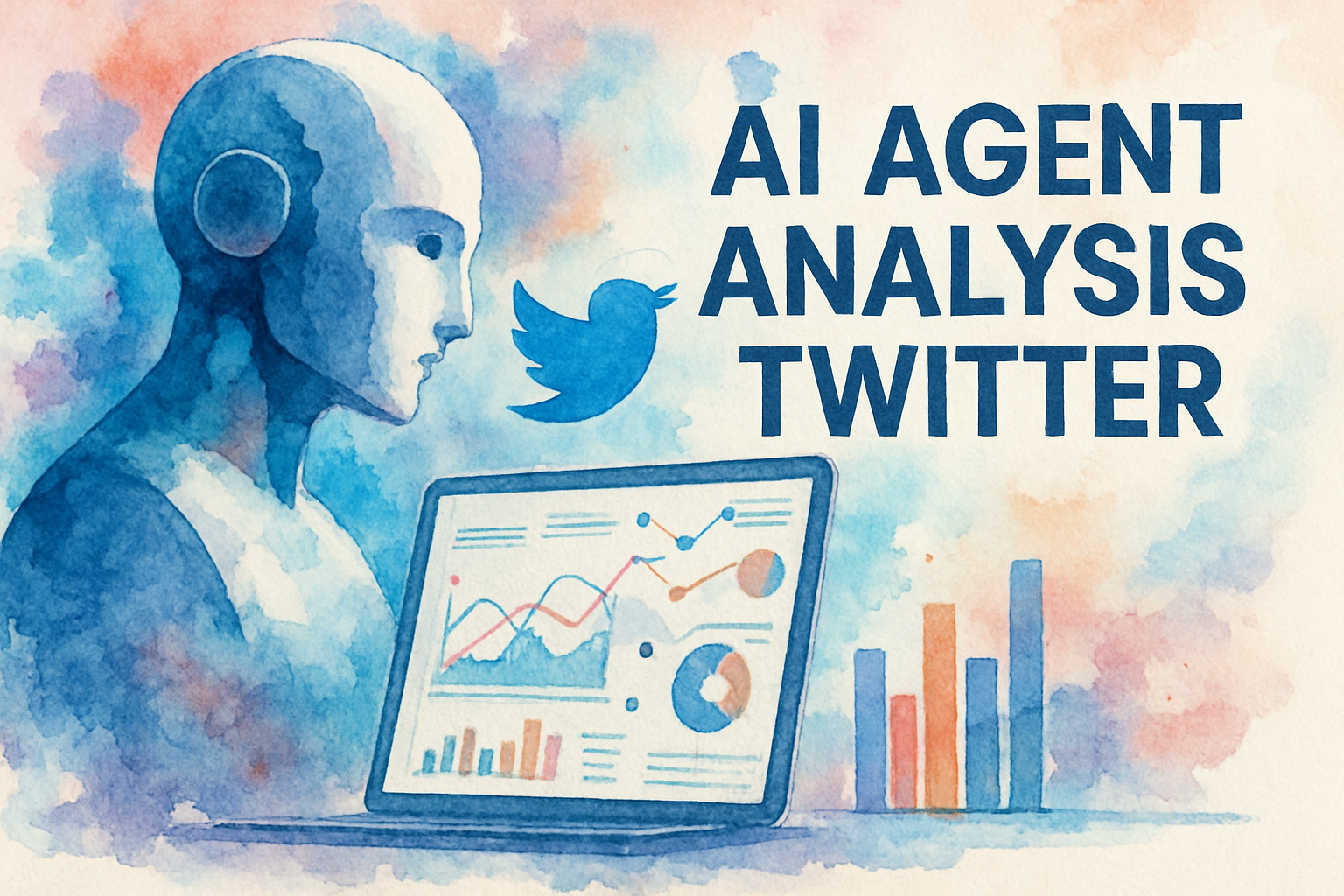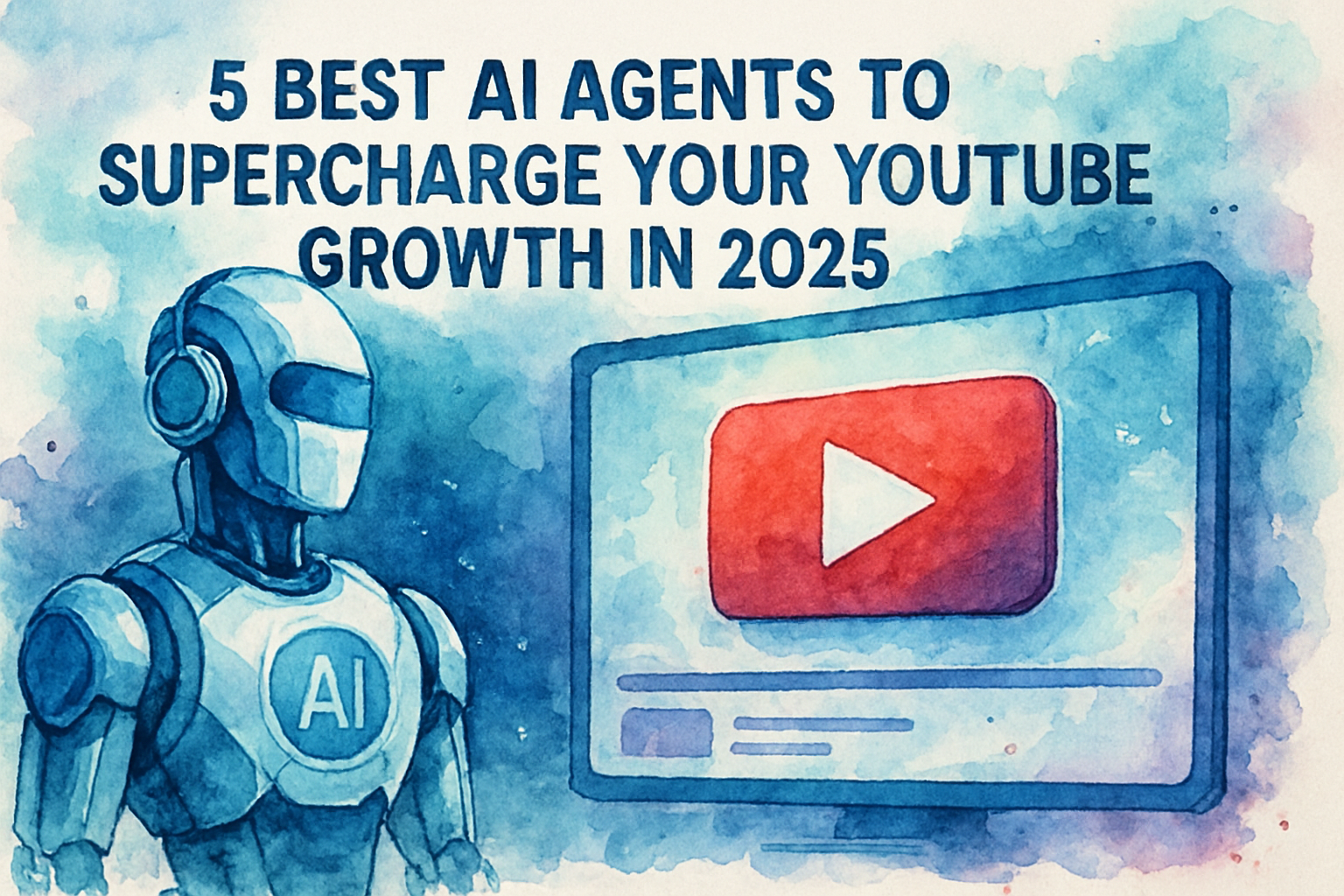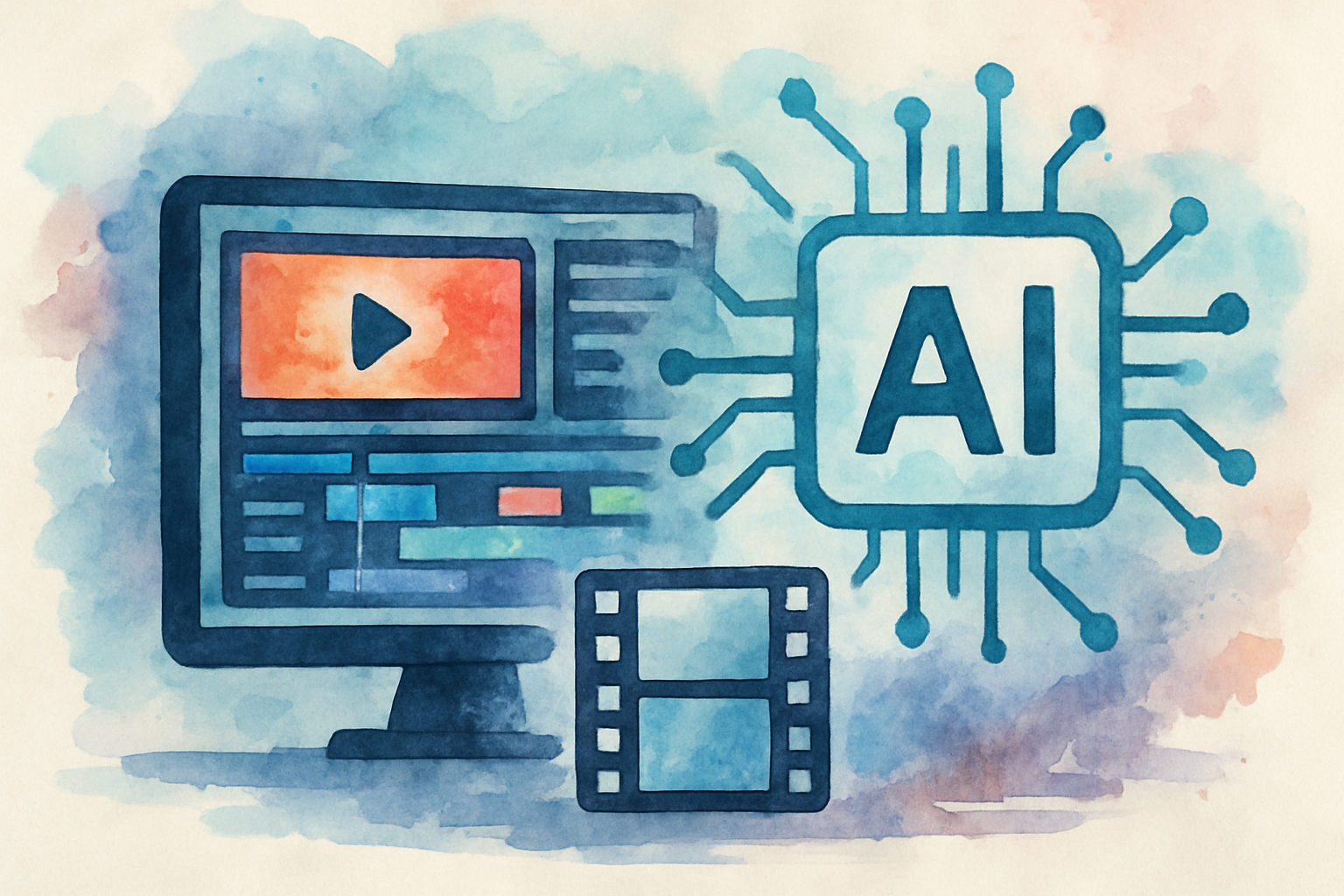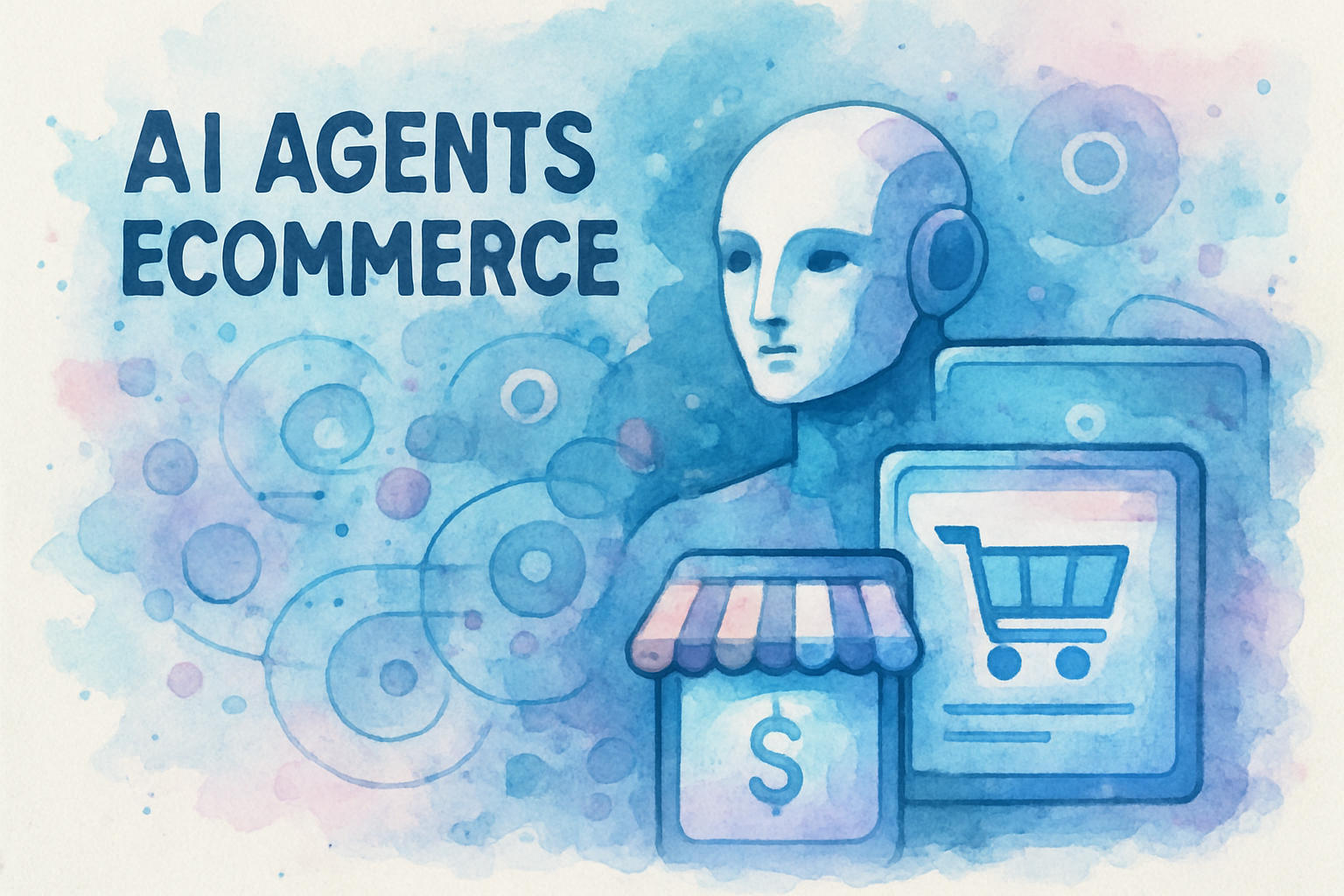AI Voice Call Agents
The landscape of customer service has been transformed by artificial intelligence.
AI voice call agents have emerged as game-changing solutions. They can handle appointment bookings, answer frequently asked questions, and provide round-the-clock customer support with remarkable efficiency.
These intelligent systems are reshaping how businesses interact with their customers. They offer unprecedented levels of automation whilst maintaining the personal touch that customers expect.
According to recent research from Gartner, 85% of customer interactions will be managed without human intervention by 2025. This shift represents a fundamental change in how businesses approach customer service automation.
What Are AI Voice Call Agents?
AI voice call agents are sophisticated artificial intelligence systems. They’re designed to conduct natural, human-like conversations over the telephone.
These conversational AI solutions represent the next evolution in business automation. Unlike traditional systems, they understand context and respond intelligently to customer needs.
For more insights on how AI is transforming business communications, explore our comprehensive guide to AI automation tools.
How They Differ from Traditional Systems
Unlike traditional interactive voice response (IVR) systems that rely on rigid menu structures, these advanced agents utilise:
- Natural language processing (NLP) – Understanding human speech patterns
- Machine learning algorithms – Improving responses over time
- Voice recognition technologies – Accurately interpreting spoken words
- Conversational AI frameworks – Maintaining natural dialogue flow
These technologies help them understand context, interpret customer intent, and respond appropriately to a wide range of queries.
The MIT Technology Review highlights that modern voice AI systems achieve 95% accuracy in speech recognition, making them viable alternatives to human agents.
Seamless Call Handling
These systems can handle both inbound and outbound calls seamlessly. This makes them invaluable for businesses seeking to streamline their customer service operations.
The technology has advanced significantly. Customers often cannot distinguish between speaking with an AI agent and a human representative. This creates a smooth and professional experience that builds trust and satisfaction.
Learn more about implementing seamless customer experiences in our customer service automation guide.
The Power of AI-Driven Appointment Booking
Automated appointment scheduling has become a cornerstone of modern business efficiency. AI voice call agents excel at eliminating the friction traditionally associated with booking systems.
Eliminating Scheduling Friction
Traditional appointment booking creates unnecessary complications:
- Lengthy phone calls during business hours
- Back-and-forth communication delays
- Potential scheduling conflicts and double-bookings
- Human error in calendar management
AI voice call agents eliminate these pain points completely.
How They Work:
- Access real-time calendar systems instantly
- Understand customer preferences and history
- Confirm available time slots immediately
- Handle complex multi-service bookings
The system handles complex scheduling scenarios effortlessly:
- Rescheduling appointments – Automatic calendar updates
- Managing cancellations – Instant availability updates
- Operating waiting lists – Smart notification systems for popular time slots
- Multi-location booking – Coordinating across different venues
Research from Harvard Business Review shows that businesses using AI scheduling systems see a 40% reduction in administrative time and 25% increase in booking conversions.
24/7 Availability Advantage
One of the most significant benefits is continuous operation. AI voice call agents work without:
- Breaks or lunch hours
- Holidays or sick days
- Overtime costs
- Shift changeovers
Customer Convenience Benefits: Customers can book appointments whenever it suits them:
- During lunch breaks at work
- After traditional business hours
- In the middle of the night
- While travelling across time zones
This constant availability dramatically increases booking opportunities. It also reduces the likelihood of losing potential customers to more accessible competitors.
For businesses exploring round-the-clock customer service solutions, our 24/7 AI customer support guide provides detailed implementation strategies.
Intelligent Calendar Integration
Modern AI voice call agents integrate seamlessly with popular business systems:
- Google Calendar – Real-time synchronisation
- Microsoft Outlook – Enterprise-grade integration
- Specialised scheduling platforms – Industry-specific tools
- CRM systems – Customer history integration
Benefits of Smart Integration:
- Automatic syncing across all business systems
- Eliminated double-bookings and conflicts
- Reduced administrative errors
- Improved staff coordination
Smart Scheduling Features: The AI considers multiple factors when making appointments:
- Travel time between appointments for mobile services
- Preferred appointment types for specific time slots
- Staff availability, skills, and expertise levels
- Customer history, preferences, and special requirements
- Seasonal demand patterns and business priorities
According to Salesforce research, businesses with integrated AI scheduling see 35% higher customer satisfaction scores compared to manual booking systems.
Comprehensive FAQ Management Capabilities
AI-powered FAQ systems have revolutionised customer support by providing instant, accurate responses to common queries. These systems go far beyond simple keyword matching to deliver truly intelligent customer service.
Natural Language Understanding
AI voice call agents excel at understanding questions in natural, conversational language.
Unlike keyword-based systems, these agents interpret intent even when questions are phrased differently.
Example Variations the AI Understands:
- “What are your opening hours?”
- “When are you open?”
- “Are you open on Sundays?”
- “What time do you close on weekdays?”
The AI understands all these variations represent the same underlying query. It then provides accurate, consistent information every time.
Stanford’s Natural Language Processing research demonstrates that modern AI systems achieve human-level comprehension in conversational contexts, making them ideal for customer service applications.
Dynamic Response Generation
These systems don’t deliver robotic, pre-recorded responses. Instead, they generate dynamic, contextual answers that feel natural and personalised.
Personalisation Factors:
- Previous customer interactions and service history
- Time of day and seasonal considerations
- Current promotions and special offers
- Specific customer segments and preferences
- Purchase history and loyalty status
This personalisation creates a more engaging experience. It builds stronger customer relationships over time and increases customer lifetime value.
For businesses looking to enhance their customer engagement strategies, explore our AI personalisation techniques guide.
Escalation Intelligence
Sophisticated AI voice call agents recognise when queries require human intervention.
Smart Escalation Features:
- Seamless transfer to appropriate human agents
- Provides comprehensive context about customer’s needs
- Shares complete conversation history
- Maintains continuity in customer experience
- Prioritises urgent or complex issues
This intelligent escalation ensures complex issues receive proper attention. It prevents customers from having to repeat their problems and maintains service quality.
Common Escalation Triggers:
- Technical problems requiring specialist knowledge
- Billing disputes or refund requests
- Emotional distress or complaint escalation
- Complex product customisation needs
- Legal or compliance-related queries
Research from McKinsey & Company shows that businesses with intelligent escalation systems achieve 60% higher first-call resolution rates.
Industry-Specific Applications and Benefits
Different industries benefit uniquely from AI voice call agent technology. The versatility of these systems allows for specialised applications across various business sectors.
Healthcare Sector Revolution
In healthcare, AI voice call agents are transforming patient care and administrative efficiency.
Key Healthcare Applications:
- Appointment bookings – Multiple specialities and complex scheduling
- Prescription refill management – Automated pharmacy coordination
- Basic health information – Pre-approved medical guidance
- Symptom assessment – Preliminary triage and routing
- Insurance verification – Real-time eligibility checking
The technology excels at managing high call volumes. This is particularly valuable during peak booking times, flu seasons, or health emergencies.
Reducing No-Shows and Improving Efficiency: Healthcare AI agents send automated appointment reminders via multiple channels. Studies from the American Medical Association show this can decrease no-shows by up to 40%.
This translates to substantial revenue improvements for medical practices, with some clinics reporting additional revenue of $50,000-$100,000 USD annually.
For healthcare providers interested in implementing AI solutions, our healthcare automation case studies provide detailed implementation guides.
Professional Services Enhancement
Law firms, accounting practices, and consulting businesses benefit enormously from AI automation.
Professional Services Applications:
- Consultation scheduling – Complex calendar coordination
- Basic procedural questions – Practice-specific information
- Lead qualification – Initial client assessment
- Document collection – Required paperwork guidance
- Billing inquiries – Account status and payment processing
When human professionals engage, they’re well-prepared with comprehensive client information. This allows them to focus on high-value activities rather than administrative tasks.
ROI for Professional Services: Legal industry research indicates that AI-automated practices see 25-35% improvement in billable hour utilisation.
Beauty and Wellness Industry
Salons, spas, and wellness centres face unique scheduling challenges that AI voice agents handle expertly:
- Multiple service providers – Coordinating different specialists
- Varying appointment durations – From 15-minute services to 4-hour packages
- Specific customer preferences – Preferred therapists and timing
- Complex service sequences – Multi-step treatments and packages
AI Solutions for Beauty Businesses:
- Recommend services based on previous visits and skin/hair analysis
- Manage loyalty programme points and rewards redemption
- Suggest optimal appointment times for service combinations
- Handle multi-service bookings with precise timing coordination
- Coordinate group bookings for special events
The beauty industry sees particularly high benefits, with industry data showing 45% improvement in booking efficiency and 30% increase in service upselling.
Learn more about industry-specific AI implementations in our sector-specific automation guide.
Hospitality and Tourism
Hotels, restaurants, and travel agencies leverage AI voice agents for:
- Reservation management – Room bookings and table reservations
- Concierge services – Local recommendations and bookings
- Event coordination – Special occasion planning
- Customer preferences – Dietary restrictions and accessibility needs
Technical Implementation Considerations
Integration Requirements
Successful implementation requires careful planning of your existing technology infrastructure.
Essential Integrations:
- Customer relationship management (CRM) platforms
- Appointment scheduling software
- Payment processing systems
- Inventory management systems (where applicable)
Critical Success Factors:
- API compatibility
- Data synchronisation capabilities
- Real-time information exchange
These factors ensure smooth operation across all business systems.
Voice Quality and Recognition
Voice technology quality directly impacts customer satisfaction.
Key Voice Features:
- Advanced text-to-speech engines
- Natural-sounding voices
- Appropriate intonation and pacing
- Multiple accent recognition
Speech Recognition Requirements:
- Understanding various accents
- Adapting to different speaking speeds
- Working with poor phone line quality
- Handling background noise effectively
Data Security and Compliance
AI voice call agents handle sensitive customer information. This makes security and compliance paramount.
Regulatory Requirements:
- GDPR compliance in Europe
- HIPAA requirements in healthcare
- Industry-specific regulations
- Local privacy laws
Essential Security Features:
- End-to-end encryption
- Secure data storage
- Comprehensive audit trails
- Access control mechanisms
Cost-Benefit Analysis and ROI Considerations
Understanding the financial impact of AI voice call agents is crucial for making informed business decisions. The technology offers compelling returns on investment across multiple dimensions.
Initial Investment vs Long-term Savings
Upfront Implementation Costs:
- Basic systems: $5,000 – $15,000 USD (small businesses)
- Advanced enterprise systems: $15,000 – $50,000 USD (larger operations)
- Custom integrations: Additional $10,000 – $25,000 USD
- Training and setup: $2,000 – $5,000 USD
Annual Staff Costs for Comparison:
- Full-time receptionist: $25,000 – $40,000 USD base salary
- Benefits and training: Additional 25-30% of salary
- Overtime and holiday coverage: $5,000 – $10,000 USD annually
- Limited to business hours only – Missing after-hours opportunities
AI Agent Operational Advantages:
- Operates 24/7 without additional labour costs
- Handles multiple calls simultaneously (unlimited capacity)
- No sick days, holidays, or overtime expenses
- Consistent performance without fatigue
- ROI typically achieved within 8-12 months
Forrester Research reports that businesses implementing AI voice agents see an average ROI of 300% within the first 18 months.
Revenue Enhancement Opportunities
AI voice call agents don’t just save money—they actively generate additional revenue.
Revenue-Boosting Capabilities:
- 24/7 availability – Captures bookings outside business hours
- Intelligent upselling – Suggests complementary services naturally
- Automated reminders – Reduces missed appointments and lost revenue
- Efficient waiting list management – Maximises booking capacity
- Cross-selling opportunities – Recommends related products/services
Documented Revenue Increases:
- Service-based businesses: 15-30% revenue increase typically
- Healthcare practices: 20-25% improvement in appointment utilisation
- Beauty salons: 35-40% increase in service package bookings
- Professional services: 25% improvement in consultation conversion rates
Conversion Rate Improvements:
- Booking completion: 85-90% vs 60-70% with human agents
- First-call resolution: 75% improvement over traditional IVR
- Customer satisfaction: 40% increase in positive feedback
For detailed ROI calculations and industry benchmarks, explore our AI business case calculator.
Operational Efficiency Gains
Problems Eliminated:
- Common scheduling errors and double-bookings
- Administrative overhead and manual data entry
- Lost appointment requests during busy periods
- Inconsistent information delivery to customers
Staff Productivity Benefits:
- Human staff focus on complex, high-value tasks
- Improved service quality delivery capabilities
- Higher customer satisfaction scores across all touchpoints
- Better utilisation of emotional intelligence and problem-solving skills
- Reduced stress from repetitive administrative work
Measurable Efficiency Improvements:
- Administrative time reduction: 40-60% decrease
- Call handling capacity: 300-500% increase per hour
- Error rates: 90% reduction in booking mistakes
- Response time: Instant vs average 3-5 minute hold times
Deloitte studies indicate that businesses with AI automation see 45% improvement in overall operational efficiency within the first year.
Advanced Features and Capabilities
Multi-language Support
Modern AI voice call agents communicate in multiple languages. This makes them invaluable for businesses serving diverse customer bases.
Language Features:
- Automatic language detection
- Customer language preference selection
- Natural conversation in chosen language
- Cultural context awareness
Sentiment Analysis and Emotional Intelligence
Advanced systems incorporate emotional intelligence to improve customer interactions.
How Sentiment Analysis Works:
- Detects customer emotions in real-time
- Adjusts responses based on mood
- Adopts appropriate tone automatically
- Recognises frustration or satisfaction
Emotional Response Capabilities:
- Empathetic tone for upset customers
- Enthusiastic responses for excited customers
- Priority escalation for frustrated callers
- Celebratory messaging for special occasions
Predictive Analytics Integration
Some AI voice call agents utilise predictive analytics for enhanced service.
Predictive Capabilities:
- Anticipate customer needs
- Suggest optimal appointment times
- Identify behaviour trends
- Recommend relevant services
Business Intelligence Benefits:
- Inform staffing decisions
- Guide service offering development
- Identify operational improvements
- Predict busy periods accurately
Future Trends and Developments
Enhanced Personalisation
The next generation of AI voice call agents will offer unprecedented personalisation.
Future Personalisation Features:
- Remember individual customer preferences
- Adapt to communication styles
- Recall complete service histories
- Create truly customised interactions
These advances will make interactions feel increasingly human-like.
Integration with IoT and Smart Devices
Internet of Things (IoT) technology will expand AI capabilities significantly.
Smart Integration Examples:
- Smart home systems scheduling HVAC maintenance
- Wearable devices booking health check-ups
- Vehicle systems arranging service appointments
- Smart appliances requesting repair services
Proactive Service Benefits:
- Automatic scheduling based on usage patterns
- Equipment performance monitoring
- Preventive maintenance scheduling
- Reduced emergency repair needs
Improved Emotional Intelligence
Artificial emotional intelligence developments will create more sophisticated interactions.
Emotional AI Advances:
- Better understanding of complex emotions
- Appropriate responses to emotional nuances
- Improved empathy in difficult situations
- More satisfying customer experiences
These improvements will further blur the line between human and AI interactions.
Choosing the Right AI Voice Call Agent Solution
Key Evaluation Criteria
When selecting an AI voice call agent platform, consider several critical factors.
Essential Requirements:
- Integration capabilities with existing business systems
- Seamless data flow between platforms and databases
- Optimal performance and consistent customer experience
- Reliable uptime and comprehensive technical support
Customisation Needs:
- Tailor AI responses to match your brand voice
- Configure complex scheduling rules and preferences
- Set intelligent escalation protocols
- Match your specific operational requirements
For detailed guidance on evaluating AI solutions, consult our AI vendor selection guide.
Vendor Selection Process
Evaluation Steps:
- Request thorough product demonstrations with real scenarios
- Conduct pilot testing with actual customer interactions
- Examine support and maintenance service offerings
- Review vendor track record and stability carefully
Due Diligence Checklist:
- Customer testimonials and detailed case studies
- Technical documentation quality and completeness
- Future enhancement roadmap and development plans
- Integration support availability and expertise
Implementation Best Practices
Successful Implementation Strategy:
- Start with limited scope (appointment booking only)
- Gradually expand to comprehensive FAQ handling
- Provide thorough staff training and change management
- Plan gradual rollout approach with feedback loops
Risk Mitigation:
- Test with small customer groups initially
- Maintain human backup systems during transition
- Monitor performance metrics closely
- Gather customer feedback regularly and systematically
For step-by-step implementation guidance, explore our AI implementation checklist.
Measuring Success and Optimisation
Key Performance Indicators
Establish clear metrics for measuring AI voice call agent performance.
Critical KPIs to Track:
- Call resolution rates – Percentage of issues resolved without escalation
- Customer satisfaction scores – CSAT and NPS measurements
- Appointment booking conversion rates – Calls to confirmed bookings ratio
- Average call handling times – Efficiency metrics and throughput
- First-call resolution percentage – Customer experience indicator
Regular monitoring enables continuous optimisation. It also demonstrates clear return on investment to stakeholders and leadership teams.
For comprehensive KPI tracking templates, download our AI performance dashboard.
Continuous Improvement Strategies
AI voice call agents improve over time through sophisticated machine learning algorithms.
Improvement Methods:
- Analyse conversation patterns – Identify common customer requests
- Review customer feedback – Systematic satisfaction analysis
- Monitor performance data trends – Long-term optimization opportunities
- Identify training opportunities – Knowledge gap analysis
Optimisation Activities:
- Regular call log reviews and pattern analysis
- Customer satisfaction surveys and feedback integration
- Performance metric analysis and benchmarking
- Staff feedback integration and process refinement
This ongoing refinement ensures the system evolves with your business needs and customer expectations.
Advanced Analytics:
- Sentiment analysis – Understanding customer emotional responses
- Peak time analysis – Optimising for high-demand periods
- Service quality metrics – Maintaining consistent excellence
- Revenue impact tracking – Measuring business outcomes
Learn more about AI performance optimization in our continuous improvement guide.
Conclusion: Embracing the Future of Customer Service
AI voice call agents represent a significant leap forward in customer service technology.
Key Benefits Summary:
- Superior customer service delivery with human-like interactions
- Reduced operational costs and improved profit margins
- 24/7 availability advantage over traditional staffing
- Intelligent automation that learns and improves over time
Business Applications: Their ability to handle appointment booking and FAQ management makes them invaluable across numerous industries, from healthcare and professional services to beauty and hospitality.
Competitive Advantage: As the technology continues evolving, early adopters gain significant advantages:
- Improved customer satisfaction and loyalty
- Increased operational efficiency and productivity
- Enhanced revenue opportunities through better conversion
- Future-ready business operations and scalability
The Investment Case: The technology pays dividends through:
- Better customer experiences and satisfaction scores
- Lower operational costs and improved margins
- Increased revenue opportunities and market capture
- Sustainable competitive advantages in the marketplace
Taking Action: The question for most businesses isn’t whether to implement AI voice call agents. It’s how quickly they can successfully integrate this transformative technology.
According to IDC research, 75% of businesses plan to implement AI customer service solutions by 2026, making early adoption a critical competitive advantage.
Looking Forward: As these systems become more sophisticated and accessible, they’ll become essential tools. Businesses that embrace this technology now position themselves for long-term success.
By implementing AI voice call agents for appointment booking and FAQ management, businesses gain a competitive edge. They can meet evolving customer expectations whilst building sustainable advantages for the future.
For businesses ready to take the next step, explore our AI implementation roadmap to begin your transformation journey.
Frequently Asked Questions About AI Voice Call Agents
How accurate are AI voice call agents in understanding different accents?
Modern AI voice call agents achieve 95%+ accuracy across various accents and dialects. They continuously learn and improve through machine learning algorithms, adapting to regional speech patterns and pronunciations.
Can AI voice call agents integrate with existing booking systems?
Yes, AI voice call agents integrate with most popular booking and CRM systems including Salesforce, HubSpot, Calendly, and industry-specific platforms. API integrations ensure seamless data synchronisation.
What happens if the AI can’t handle a customer query?
Sophisticated AI systems include intelligent escalation protocols. They seamlessly transfer complex queries to human agents while providing complete conversation context, ensuring continuity of service.
How long does it take to implement an AI voice call agent?
Implementation typically takes 2-6 weeks depending on system complexity and integration requirements. Basic setups can be operational within days, while custom enterprise solutions may require longer timelines.
Are AI voice call agents secure for handling sensitive information?
Yes, enterprise-grade AI voice call agents include end-to-end encryption, GDPR compliance, HIPAA certification (for healthcare), and comprehensive audit trails to protect sensitive customer data.
How much do AI voice call agents cost compared to human staff?
Initial setup costs range from $5,000-$50,000 USD, while human receptionists cost $25,000-$40,000 USD annually plus benefits. AI agents typically achieve ROI within 8-12 months while providing 24/7 availability.
Can AI voice call agents handle multiple languages?
Yes, advanced AI voice call agents support multiple languages with automatic detection and switching capabilities. They can serve diverse customer bases in their preferred languages.
Do customers know they’re speaking with an AI?
Modern AI voice call agents are often indistinguishable from human agents. However, best practices recommend transparent disclosure when legally required or preferred by business policy.
How do AI voice call agents improve over time?
AI systems use machine learning to analyse conversation patterns, customer feedback, and outcomes. They continuously improve their responses and capabilities through this ongoing learning process.
What industries benefit most from AI voice call agents?
Healthcare, professional services, beauty/wellness, hospitality, and retail see the highest benefits. Any business with high call volumes or appointment booking needs can benefit significantly.
Keywords: AI voice call agents, automated appointment booking, AI customer service, voice AI technology, conversational AI, appointment scheduling software, AI FAQ system, customer service automation, AI chatbot, voice recognition technology
Related Topics: artificial intelligence, machine learning, natural language processing, customer experience, business automation, digital transformation, customer service technology, voice AI solutions



